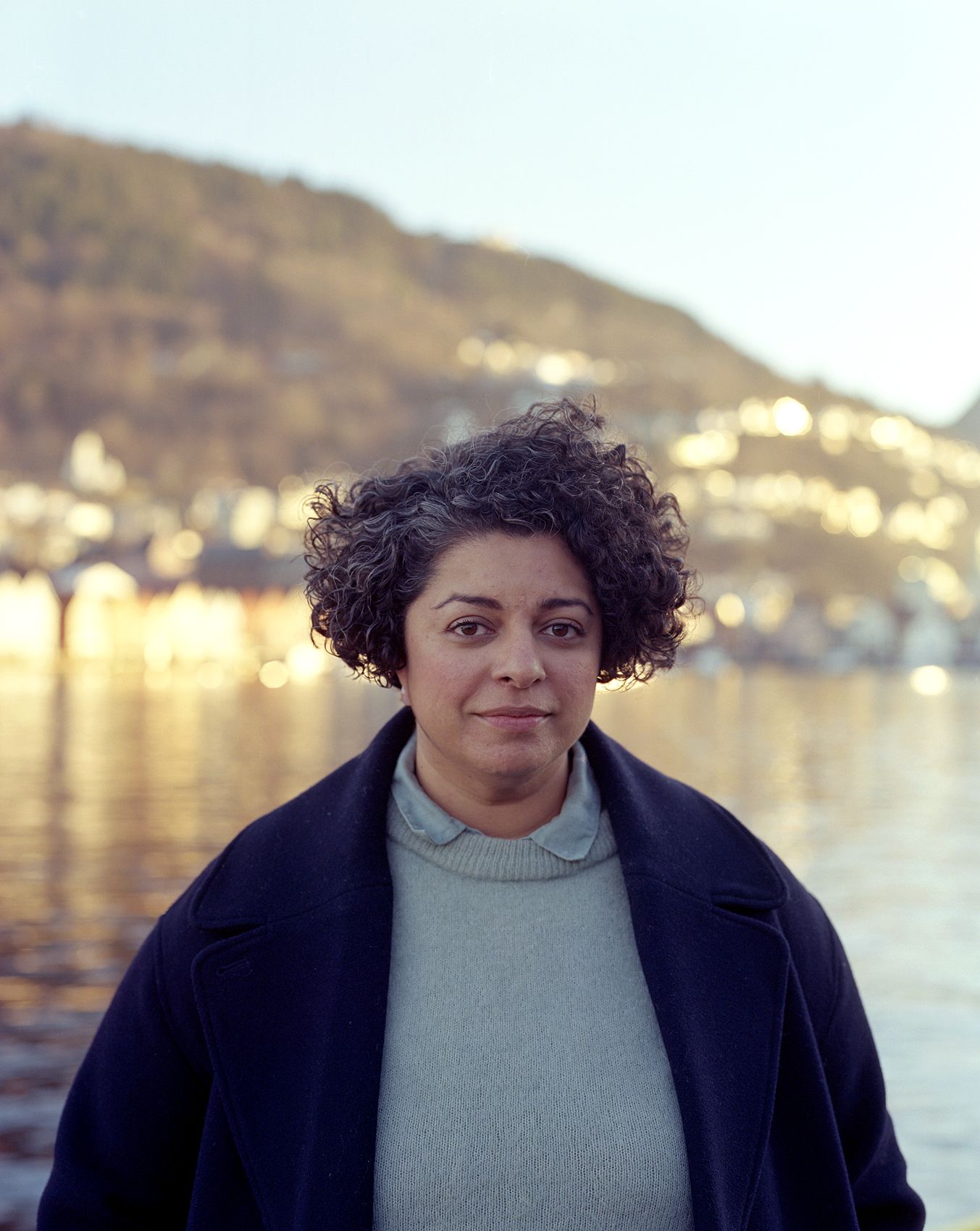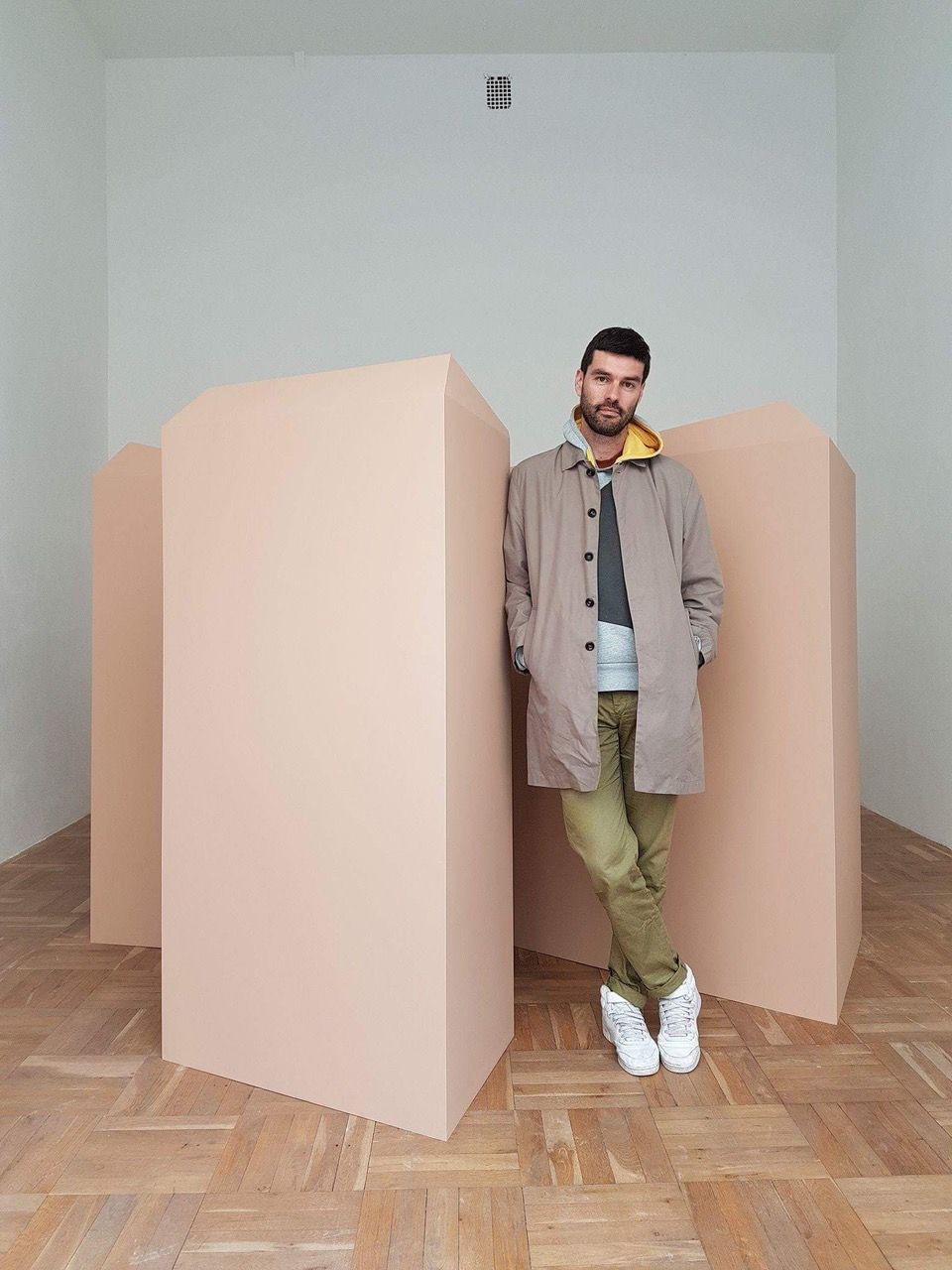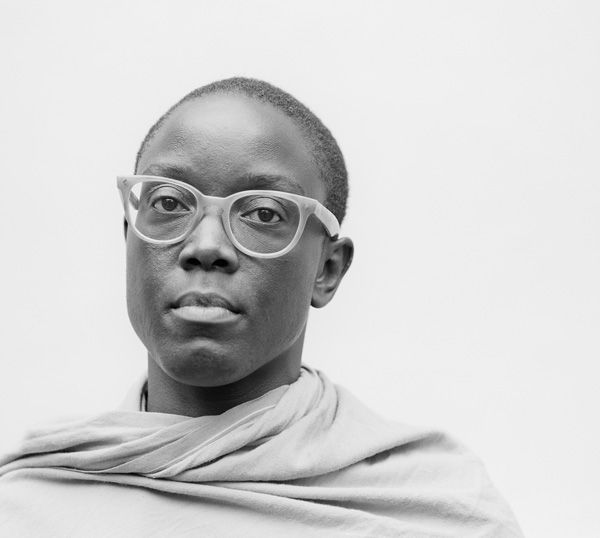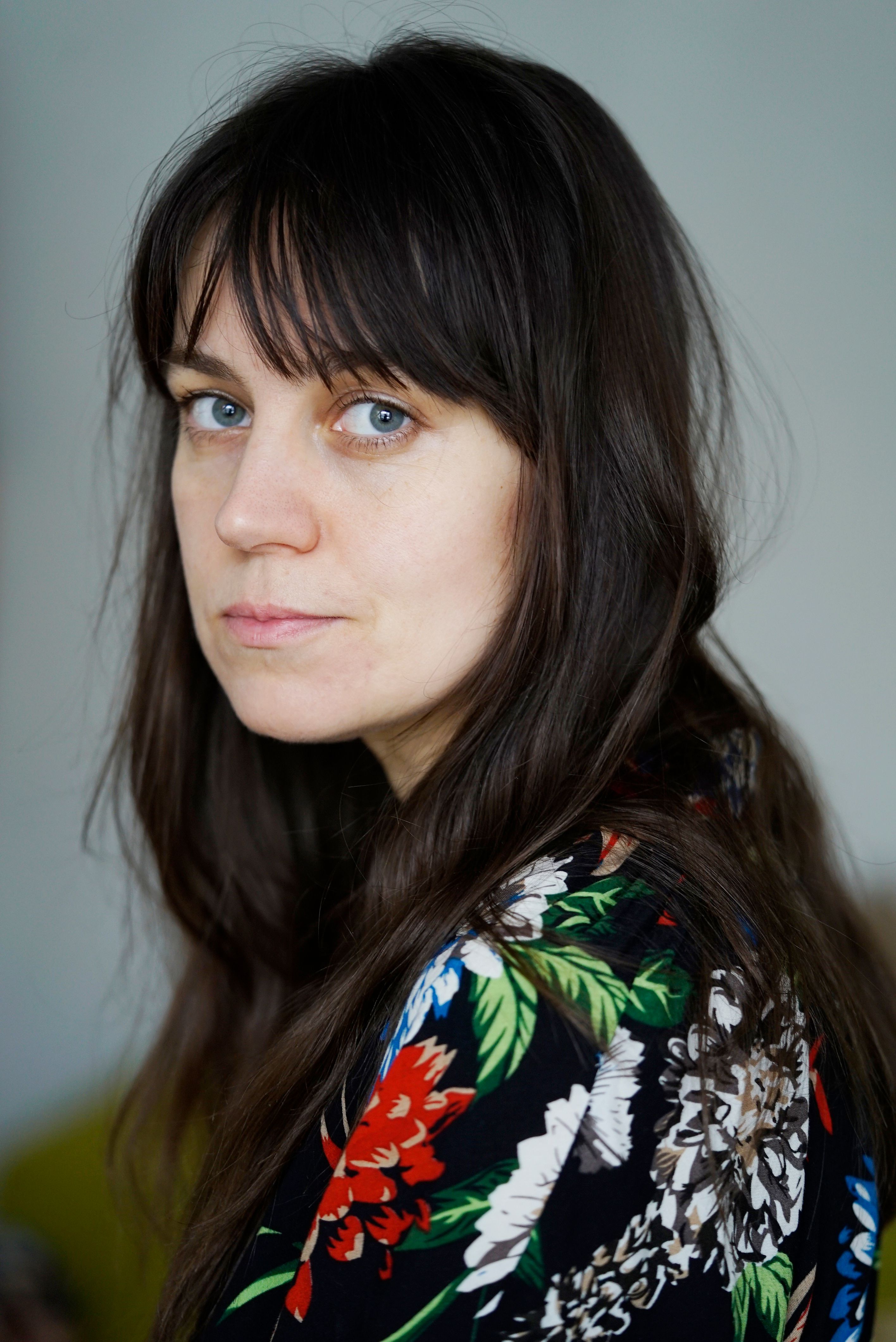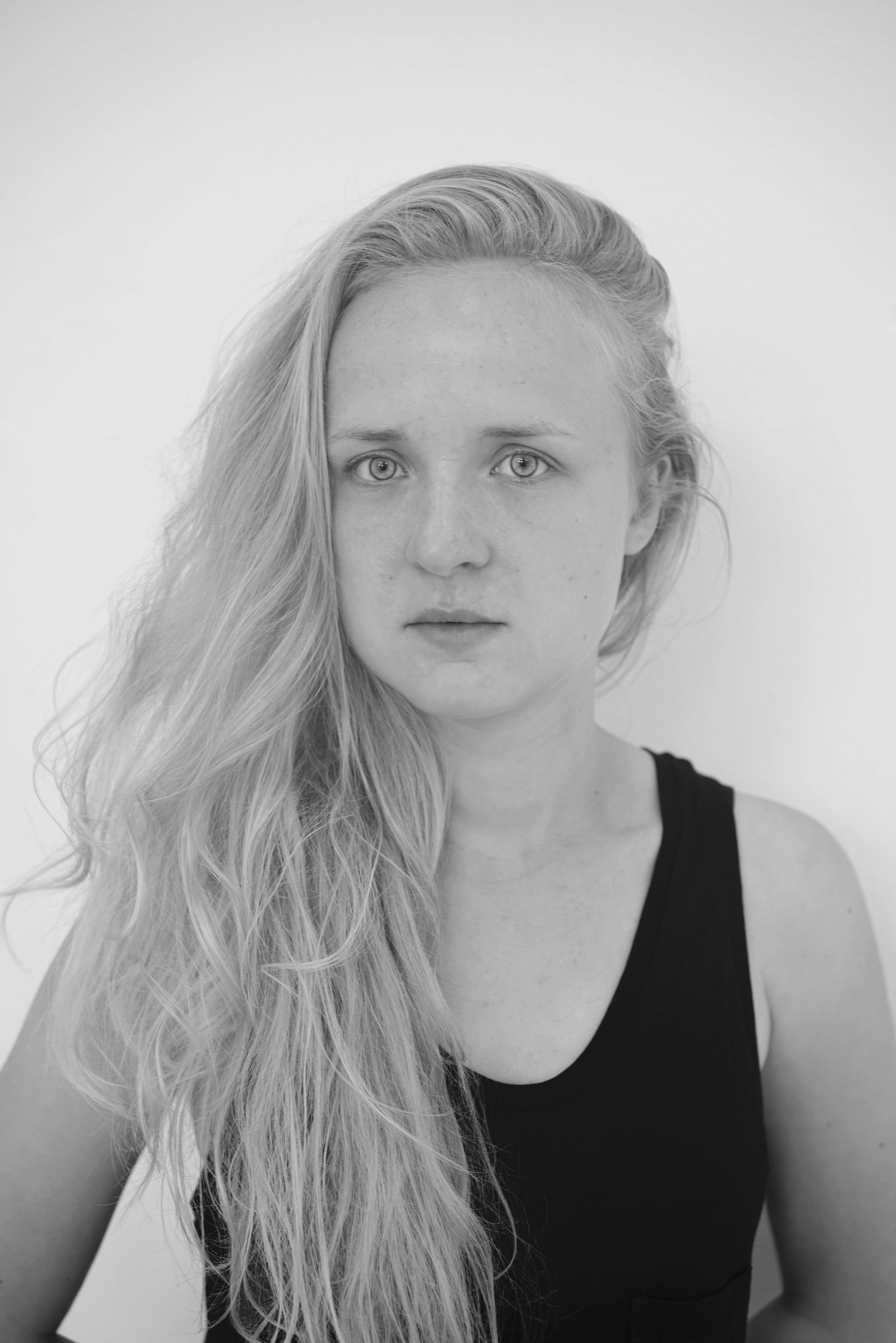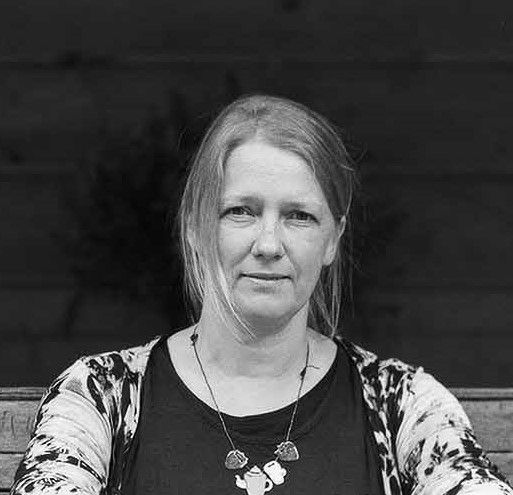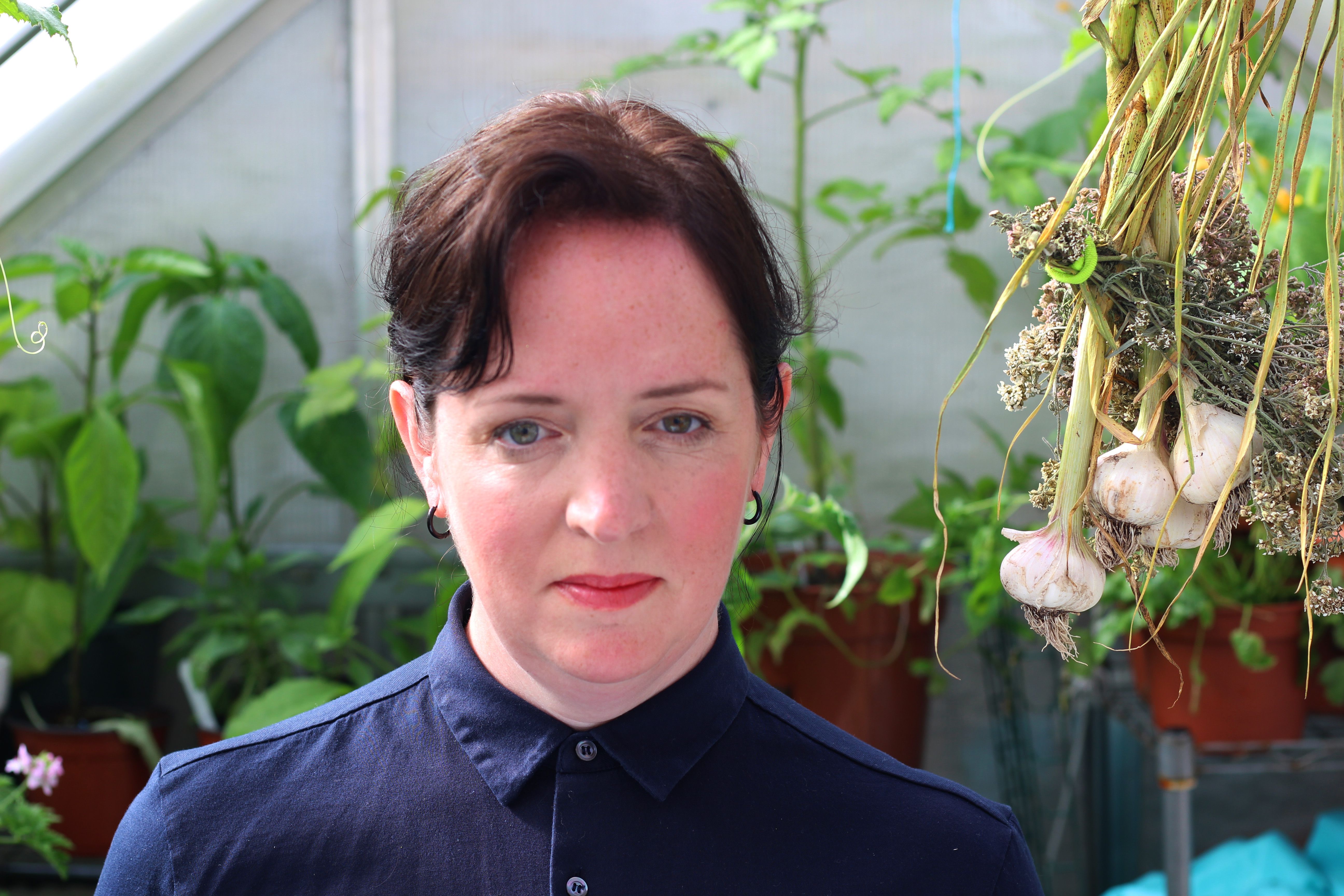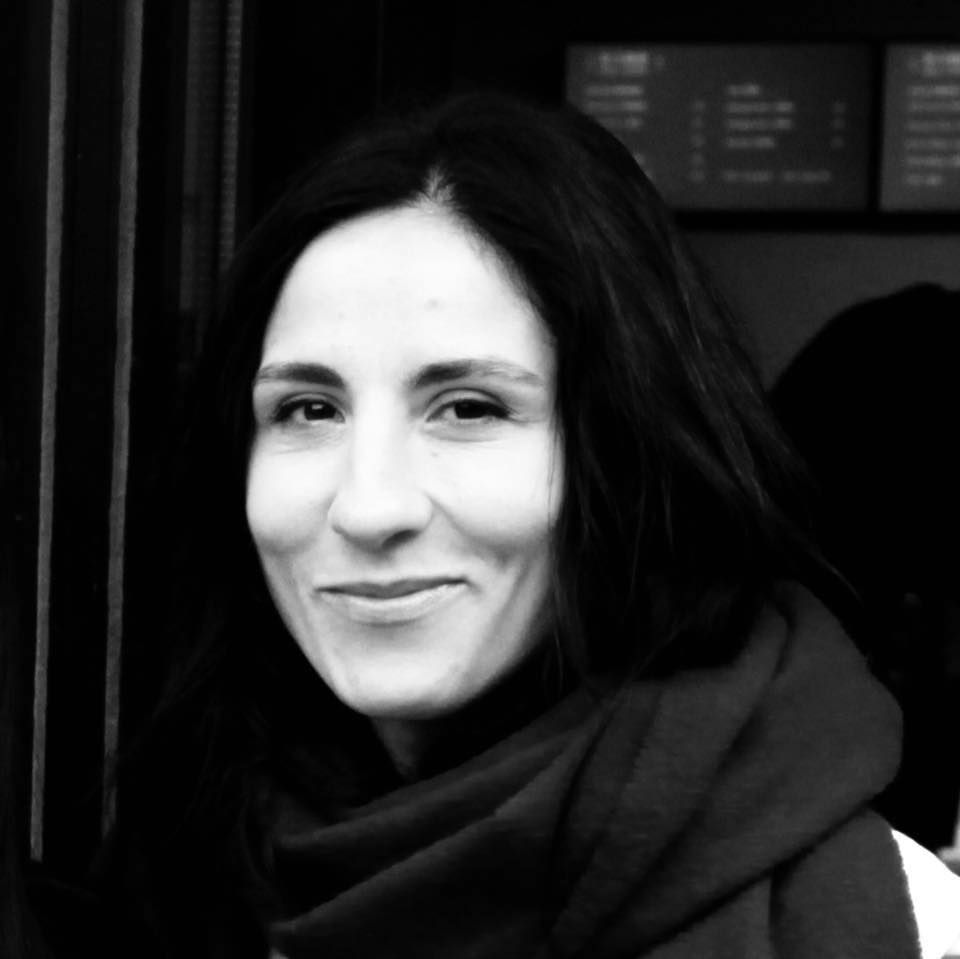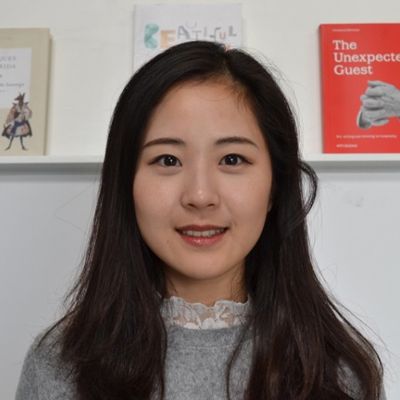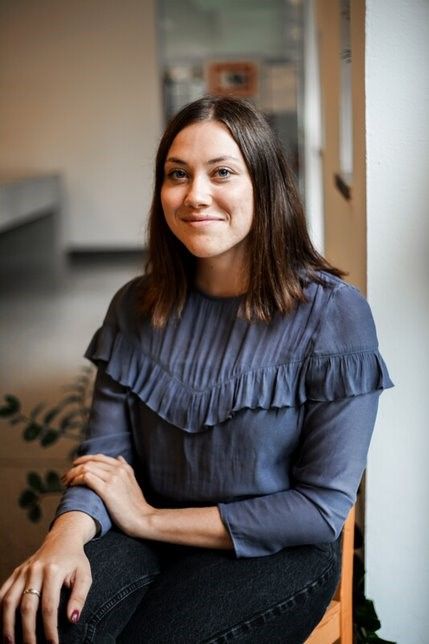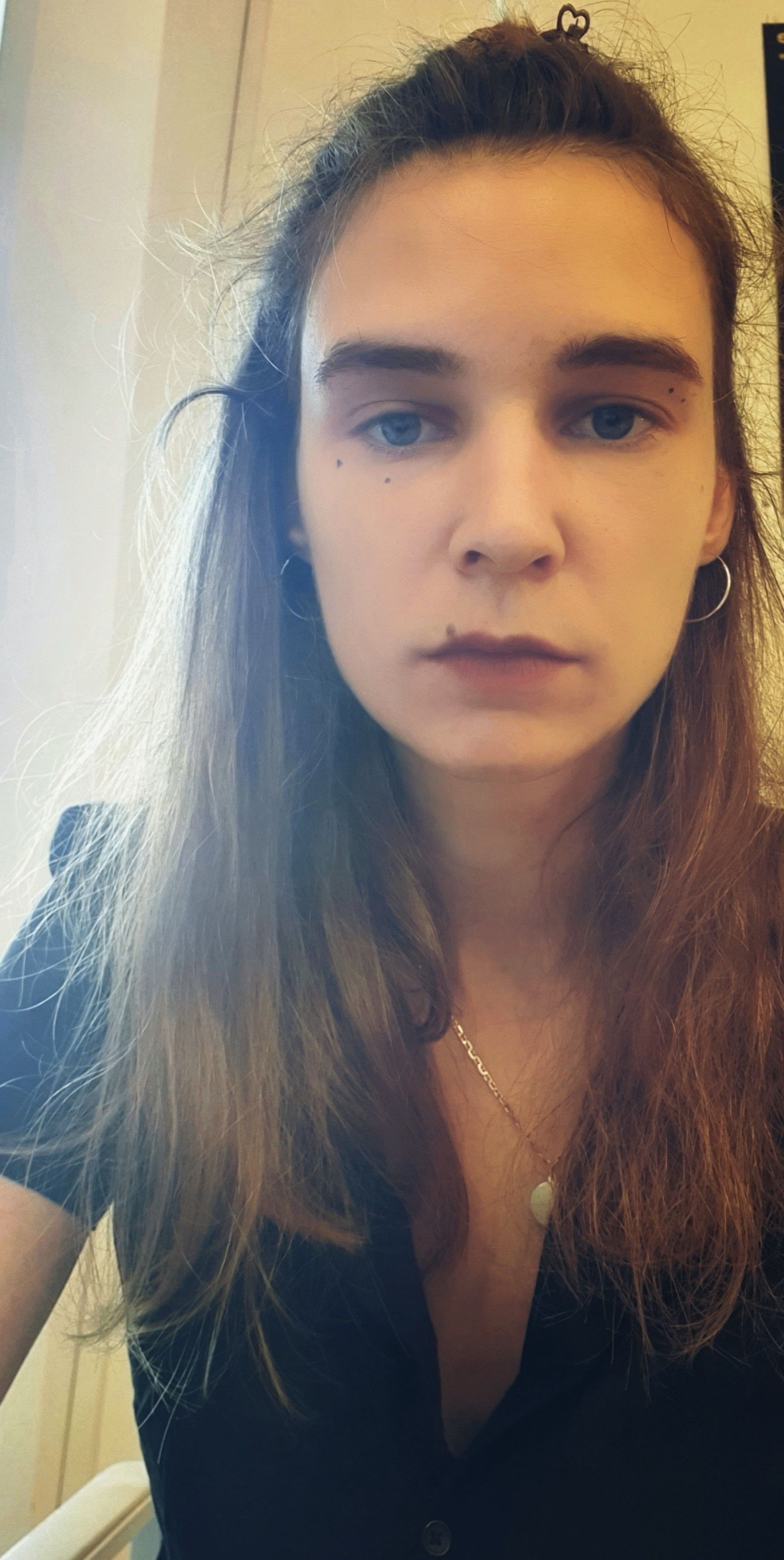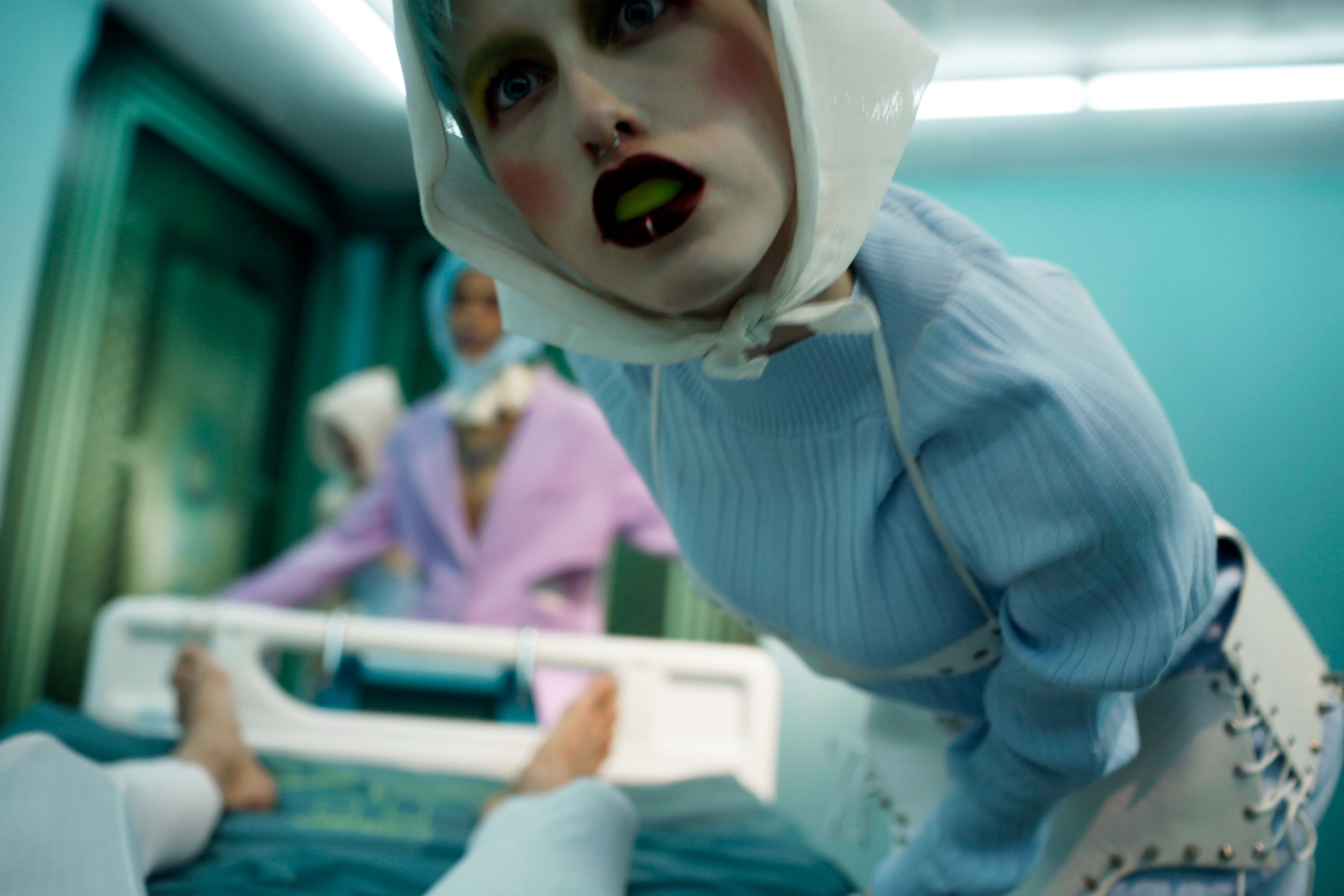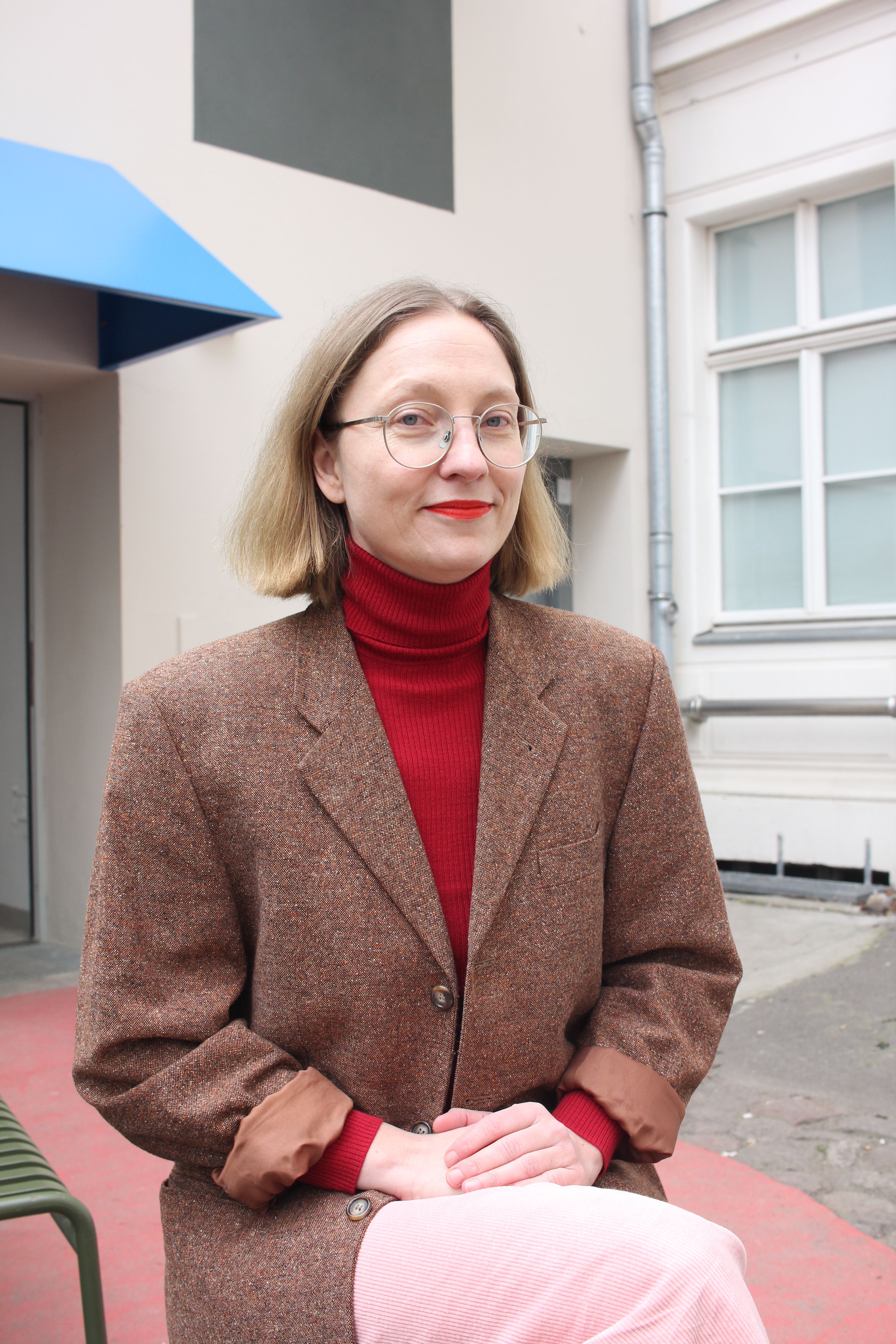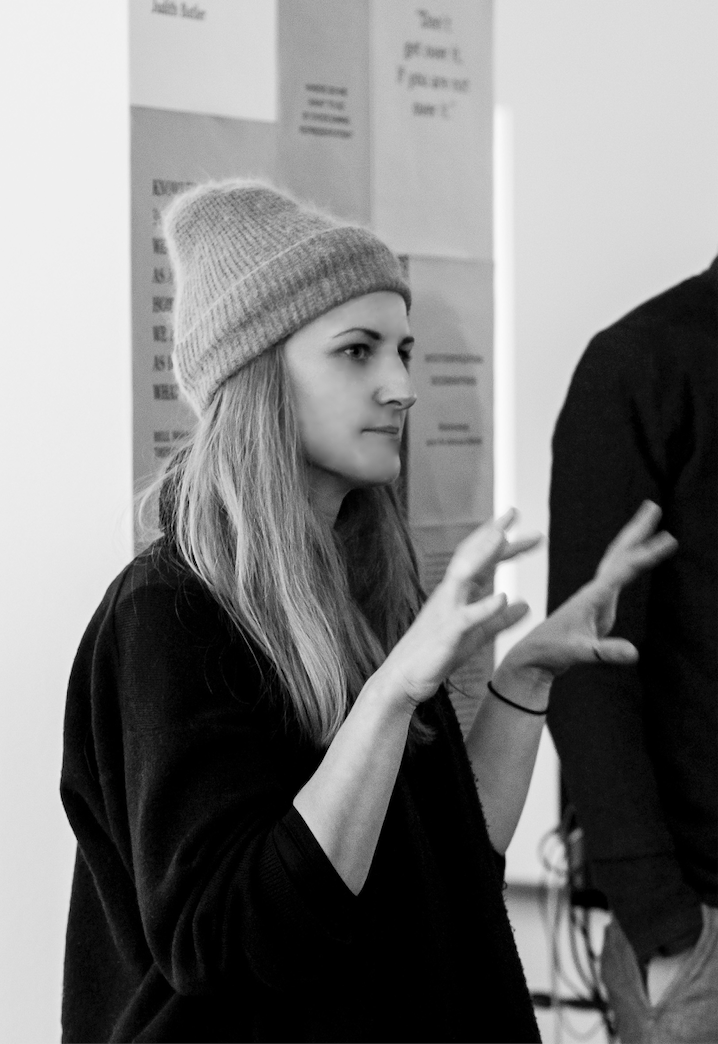Daniela (b.1980, San José, Costa Rica, she/her)is a curator and organiser with an interest in mediation and social practices. Daniela lives and works in Bergen, Norway. She has a BA and a MA in visual arts from Kunst og Designhøgskolen i Bergen and an MA Curatorial Practice at the University of Bergen.
Daniela is part of the curatorial team at Hordaland Kunstsenter (www.kunstsenter.no) and co-founder and manager of the interdisciplinary space KIOSKEN (www.kioken.studio), a platform dedicated to mediate, disseminate and represent the work of local artists and designers in Bergen. Daniela is currently a member of the board at Bergen Kunsthall and was Head of the Education and Mediation platform at the 2019 edition of the Bergen Assembly. She has an active freelance practice collaborating with different institutions and arts organisations both nationally and internationally such as Nasjonalmuseet i Oslo, Norsk Billedhugger Forening, Vaksdal Kommune, Tenthaus Oslo, Fundación TEOR/éTica, U-Jazdowski, Latvian Centre of Contemporary Art and Perennial Biennial.
Photo Credit: Linn Heidi Stokkedal.
